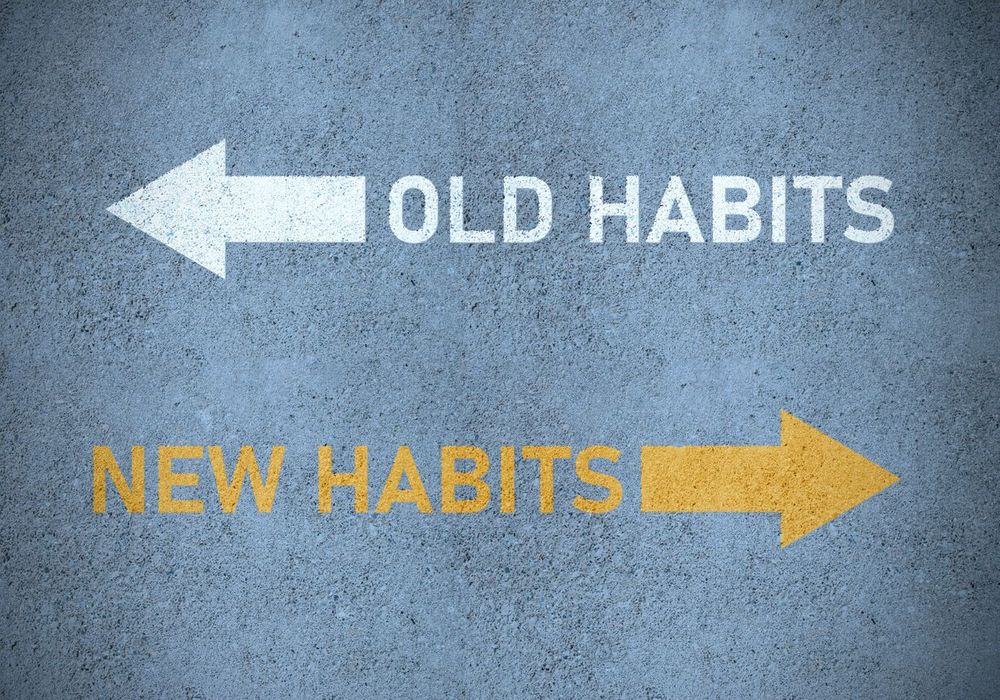
Are you doing everything in your power to be successful in your career? If you're not already a creature of habit, your lack of routine could be holding you back. When you have a regular schedule, it's much easier to be successful. Learn more about how having a routine can help you and what you can do to incorporate routine in your everyday work schedule.
It's so easy to get caught up in the everyday occurrences of the workplace. Although you might plan on sorting through your inbox, you could be forced to deal with an influx of phone calls. And unless you have a set routine, it's too easy to overlook the things you should do.
But that's not the only reason having a routine matters. Here are a few ways in which having a routine can benefit you:
If you have a routine, you know what to expect. When you show up to work, you know exactly what you should do to get started. You could save yourself hours a day by having a set schedule. Instead of taking the time to think about what you want to work on, you tackle tasks immediately.
If you're like most people, wasted time is what holds you back. Inefficiency could be the reason you work late or work on the weekends. By utilizing routine, you minimize inefficiency and maximize your time.
For whatever reason, humans tend to thrive with routines. You can trace back to centuries ago and find that humans relied heavily on routine. People get satisfaction out of having a daily schedule with only minor variations. So, by incorporating a routine into your day, you can increase your satisfaction level.
Just think about it. If you don't know what to expect every day at work, you probably have some level of anxiety. The lack of a set schedule is chaotic, and that makes your day stressful. When you have a routine, you reduce that stress and increase your satisfaction. After a full day of staying on schedule, you can feel accomplished.
Every day, distractions keep you from being productive. You might have a text from a loved one come in, or you might get lost down a rabbit hole as you follow a news story. In any case, distractions keep you from your goals. They slow you down and could be the one thing between you and your career goals.
If you have a routine, you are less likely to allow distractions to keep you from working. For example, you might know that 10 am is your time to respond to emails. If you get a notification at 9:45 am, you won't be tempted to answer it because you know it's only a short while before you will check it. Similarly, you might choose to stay on task rather than respond to a text or phone call because you feel accountable to your schedule.
Finally, your schedule gives you a more targeted focus. If you don't have a schedule, you may just go through the motions. But having a routine gives you something work towards. You have set tangible goals, and you need to meet them.
When you have more focus, you have more success. Your schedule could be the reason you begin to surpass your manager's expectations or goals. And in the end, that's what you need to do to move forward in your career.
By now, you're probably convinced that you would benefit from having more routines in the workplace. However, you might not know how to do that. Here are a few tips for getting started:
First, make a list of all your daily tasks and weekly duties. Don't leave anything out, or you risk hurting your productivity. From the moment you enter the office, what do you do? Once you have this list, you can work on how to incorporate it into an everyday routine. For now, all that matters is that you include everything on it.
Before you set a routine, go through your list and prioritize everything. Is there something that needs to get done right away every day? If so, it should be the first thing on your to-do list. Tasks that are less time-sensitive can move to the bottom of the list.
For the best results, you should seek a little assistance from technology. There are several apps and programs designed to help you create and stick to a routine. Once you set your routine, the app does the rest of the work.
Apps are great because they remind you when it's time to start a new task. Most of the apps come with free trial periods, so test out a few of them and see what works best for you.
If you have a mentor or are friends with a co-worker, ask them about their routine. You might be surprised to learn that they stick to a rigid routine. Start the dialogue and ask them what their average day looks like. Or, show them what you're thinking of using for your daily routine.
Most importantly, you should be willing to change up your routine. If something doesn't work for you, don't just give up. Instead, think about what alterations you can make. It could take a few weeks or even months for you to find the ideal routine. Although creating the perfect routine takes work, the effort pays off.
If you feel as if you're stuck in a rut, don't hesitate to take action. You need to change something, and one of the easiest changes you can make is to create and fine-tune your routine. After you put in the work, your routine could lead to career success.
Lorem Ipsum is simply dummy text of the printing and typesetting industry. Lorem Ipsum has been.
